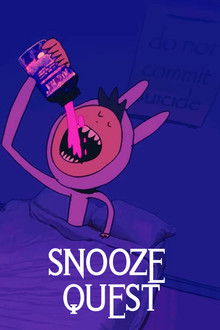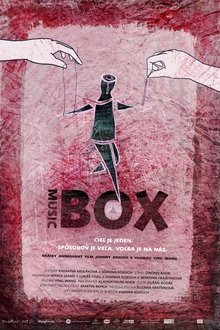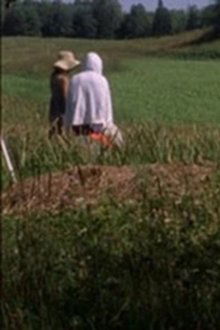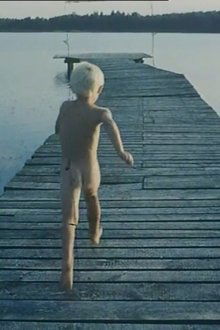As technology accelerates, our species' collective imagination of the future grows ever more kaleidoscopic. We are all haunted by temporal distortion, perhaps no more than when we attempt to remember what the future looked like to our younger selves. As the mist of time devours our memories, the future recedes; each of us burdened by the gaping mouth of entropy. Yet, emerging technology provides a glimmer of hope; transhumanism promises a future free from mortality, disease and pain. Does our salvation lie in digital simulacra? We're here to sell you the answer to that question, for the low, low price of four hundred and seventy seconds.
Related Movies

Sheik to Sheik (1936)
A radio salesman gets knocked out by a golf ball and dreams he's in the desert where he sells radios to sheiks.

Workers Leaving the Lumière Factory (1895)
Working men and women leave through the main gate of the Lumière factory in Lyon, France. Filmed on 22 March 1895, it is often referred to as the first real motion picture ever made, although Louis Le Prince's 1888 Roundhay Garden Scene pre-dated it by seven years. Three separate versions of this film exist, which differ from one another in numerous ways. The first version features a carriage drawn by one horse, while in the second version the carriage is drawn by two horses, and there is no carriage at all in the third version. The clothing style is also different between the three versions, demonstrating the different seasons in which each was filmed. This film was made in the 35 mm format with an aspect ratio of 1.33:1, and at a speed of 16 frames per second. At that rate, the 17 meters of film length provided a duration of 46 seconds, holding a total of 800 frames.

T (2019)
A film crew follows three grieving participants of Miami’s annual T Ball, where folks assemble to model R.I.P. t-shirts and innovative costumes designed in honor of their dead.
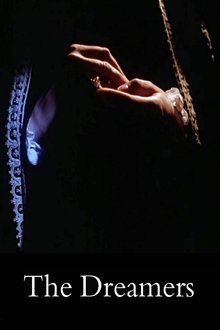
The Dreamers (1985)
Footage shot for Orson Welles' unfinished and unreleased film project, edited into a short documentary.

Frühraucher (1996)
Jean, a schoolboy who started smoking at the age of 8, talks about his addiction. Jean's smoking career is an example of how addiction develops. In a futile attempt to give up smoking again at the age of 18, Jean comes to the frustrating realization that the addiction has him in its grip.
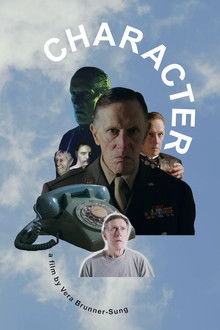
Character (2020)
Actor Mark Metcalf made his reputation in Hollywood playing aggrieved authority figures. Now in his 70s, he takes a look back on his career in this meditation on power, privilege, and the perils of being a "type."

Headcleaner (1999)
Mindblowing. Literally. Acclaimed Italian photographer Alessandro Bavari turns to filmmaking with this short, surreal tour in and around the cranial cavity.
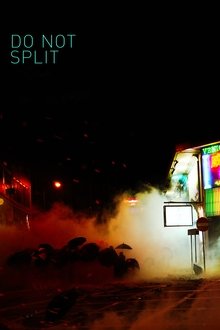
Do Not Split (2020)
The story of the 2019 Hong Kong protests, told through a series of demonstrations by local protestors that escalate into conflict when highly armed police appear on the scene.
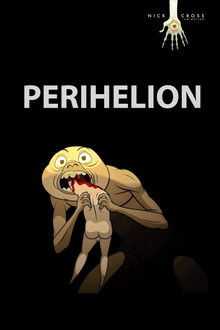
Perihelion (2013)
Perihelion is a sort of animated tone poem. It is a short film that toes the line between narrative and non-narrative, essentially having no real beginning, middle or end.

A Grand Day Out (1990)
Wallace and Gromit have run out of cheese, and this provides an excellent excuse for the duo to take their holiday to the moon, where, as everyone knows, there is ample cheese. Preserved by the Academy Film Archive.

The Wrong Trousers (1993)
Wallace rents out Gromit's former bedroom to a penguin, who takes up an interest in the techno trousers created by Wallace. However, Gromit later learns that the penguin is a wanted criminal.

A Close Shave (1996)
Wallace's whirlwind romance with the proprietor of the local wool shop puts his head in a spin, and Gromit is framed for sheep-rustling in a fiendish criminal plot.

Superstar: The Karen Carpenter Story (1987)
The final 17 years of American singer and musician Karen Carpenter, performed almost entirely by modified Barbie dolls.

The Water Dwellers (1963)
This short documentary introduces us to a town where no one pays rent: Simoom Sound in central British Columbia, where loggers live on sturdy river craft. Every week there are visitors: the general storekeeper, the flying postman and most importantly, the forest ranger, who is ever alert to the threat of fire.
